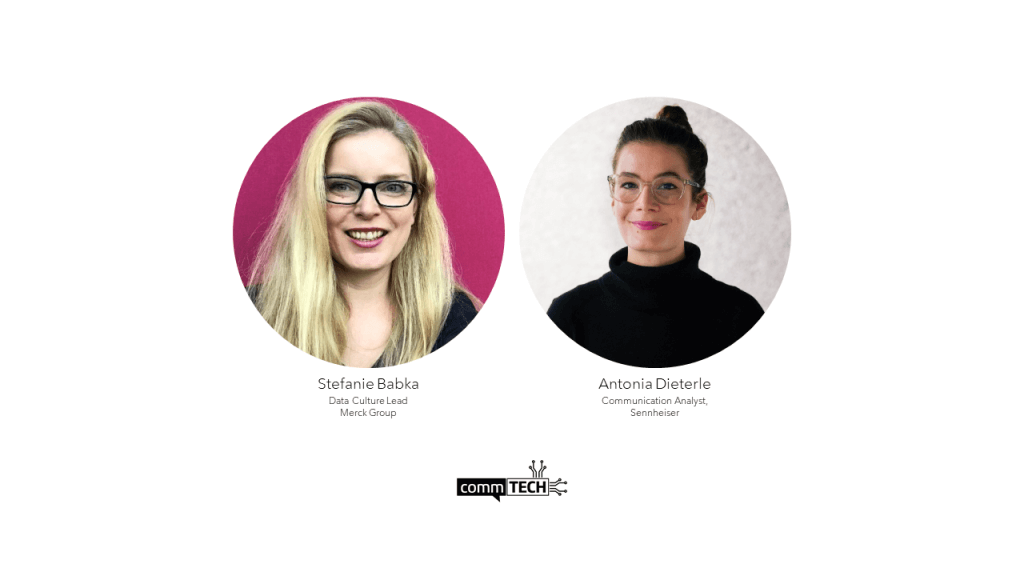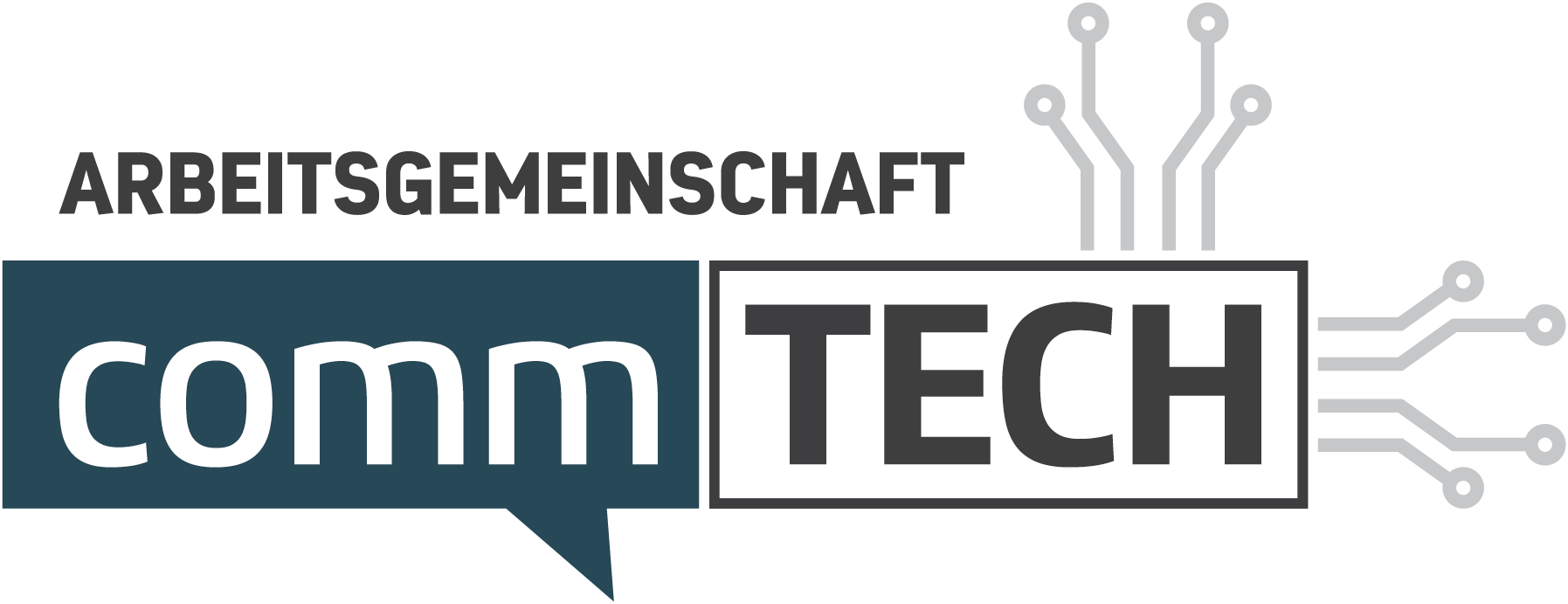- 6. April 2022
- Posted by: Die Redaktion
- Category: NEWS

Data Culture – How can data culture grow

Author: Antonia Dieterle, Co-Head of WG 3 Reporting with Stefanie Babka, Data Culture Lead, Merck Group
Where buzzwords become trends, classifying a topic along the heavyweight concept of “culture” is obvious. The use of “data culture” in German-speaking countries is still shy and the mostly US-American “data culture” is spreading over the so-called “data-driven companies” and their vision.
In practice, for many companies and institutions, a data-driven culture is elusive and data is rarely the universal basis for decision making. According to the Data and AI Leadership Executive Survey 2022, cultural barriers in the organization are the biggest obstacle in the transformation to data focus for 91.9% of respondents.
But where does a data culture begin and what can communicators in data work do to create and maintain such a data culture?
Stefanie Babka is Data Culture Lead at the Merck Group and has been responsible for the topic of data culture at Group level globally with her team since July 2021. Stefanie has spent over fifteen years driving digital excellence in large corporations (Daimler, GM, Nestlé) and, as a digital communications and marketing expert, understands the contribution of knowledge sharing as a valuable foundation for a growing data culture or “data love”. In an IMWF online session, Stefanie provides exclusive insights into the Merck Group’s data culture work and shares valuable tips for employees in communications and marketing.
“Be a storyteller”
Communicators already have so many skills and abilities that can be perfectly used to tell a story with data for a target audience. This already happens unconsciously in the everyday life of press spokespersons: with catchy stories and informatively processed messages, the basis for data storytelling is created. For the internal communication of data topics, for example data governance, it can also be more courageous and creative in order to take the complexity out of the topic, says Stefanie Babka in the online session.
“Make it a routine”
Especially in communications, data work should be worked into a routine. Well-known formats such as newsroom meetings or recurring jour fixe appointments are a good way to ensure that the results of analyses are remembered in the long term and to promote a learning effect. Initially, sharing a short data pulse with the team for five minutes on a regular basis may be enough.
“Don’t scare them”
For employees and people who have not yet had experience with data work and are therefore still unsure – perhaps even fearful of data – Stefanie has developed a narrative that focuses on strengths: “Data is your superpower that makes your expertise stand out even more.” A positive attitude helps – as it does with almost all topics that are new to our everyday working lives and (may) leave their mark.

